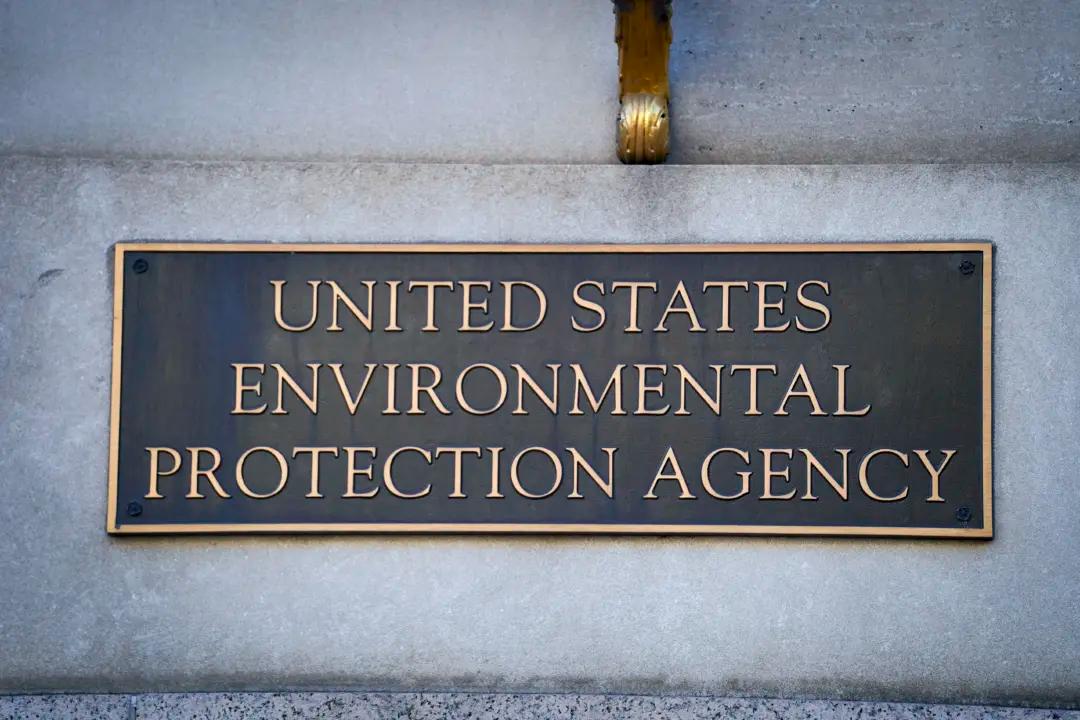The federal government announced a $241.5 million settlement with Marathon Oil on Thursday to resolve alleged air quality violations at its oil and gas operations on the Fort Berthold Indian Reservation in North Dakota and significantly reduce emissions from over 200 facilities statewide.
The settlement reached with the U.S. Environmental Protection Agency (EPA) and the Department of Justice is the largest-ever civil penalty for such violations, the EPA said in a press release.





